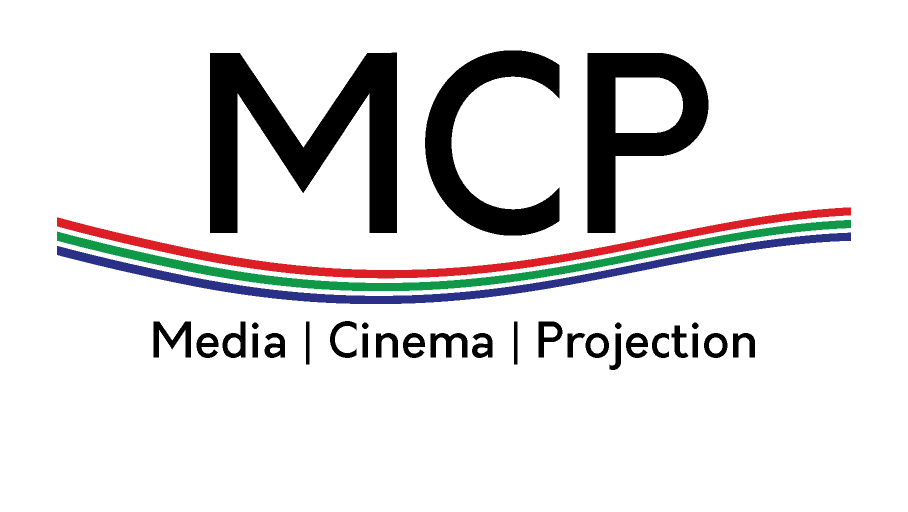There are film fanatics, and then there are fanatics for the analog photochemical wonder that is a movie projected on film. That’s right: old-fashioned, softer-edged, mellow and expressive film.
On a big screen not located in your living room.
Wednesday in Chicago, it’ll rain celluloid twice over. In one case it’s a 70 millimeter widescreen presentation of a new movie, Alfonso Cuaron’s “Roma,” about which you’ve probably heard and which is currently streaming on Netflix.
Wednesday through Sunday at the in the Lakeview neighborhood, you can see “Roma” on a special 36-foot-wide screen, projected via a newly struck 70MM film print. The movie was shot digitally on 65MM; according to Music Box technical director Julian Antos, who test-screened the print Tuesday morning, it looks “spectacular” on film.
The other case is well, weirder. It too involves Antos, who’s one of the analog wonks and photochemically inclined champions of 16MM and 35MM film projection over at the nonprofit
For one show only, Wednesday night, the Chicago Film Society is screening the one and only 35MM film print of “Computer Chess,” written and directed by Andrew Bujalski. The filmmaker’s most recent picture, “Support the Girls,” ended up on a lot of 2018 year-end “best” lists, including Barack Obama’s.
The Chicago Film Society makes its primary home at the Northeastern Illinois University Auditorium in the neighborhood of North Park. Its programmers include Antos, Becca Hall (Antos and Hall recently got married) and Kyle Westphal (also recently married, though neither to Hall nor Antos).
Years ago, for their initial foray into commissioning a film print, these three raised funds and struck a print of the extraordinarily rare and supremely bizarre 1955 Robert Altman jamboree, “Corn’s-A-Poppin’.” “Computer Chess” is just as nuts. It’s a 2013 black-and-white comedy set in 1980, or thereabouts, focusing on a motel convention gathering of Reagan-era computer programmers. They’re squaring off against their own clunky, unwieldly machines in a chess tournament. Elsewhere in the motel, an EST-type marital therapy group encounter session draws the curiosity of the programmers. Then the computers start thinking for themselves.
Bujalski shot “Computer Chess” with huge, bulky, early ‘80s video equipment, the vacuum tube kind that nobody uses anymore. It’s uber-video, scuzzy-looking and otherworldly in its foreign-ness today.
